Seattle’s urban sewers face constant clogs from grease, roots, and stormwater runoff, disrupting homes and businesses. Enzyme-accelerated cleaning uses natural bacteria to break down organic buildup, offering an eco-friendly way to boost sewer efficiency and prevent backups. This sustainable method aligns with Seattle’s green initiatives, ensuring smooth drains without harming pipes or the environment. Read on to explore how this innovative approach tackles the city’s plumbing challenges and keeps your system flowing seamlessly.
Seattle’s Urban Sewer Challenges
Seattle’s 1,800-mile sewer network, managed by Seattle Public Utilities (SPU), handles a complex mix of wastewater and stormwater. The city’s 37 inches of annual rainfall overwhelms aging pipes, especially in combined sewer systems, leading to backups in neighborhoods like Capitol Hill and Ballard. Organic waste—fats, oils, grease (FOG), hair, and food scraps—builds up in side sewers, while tree roots, thriving in moist soil, invade lines, causing 40% of blockages in older areas. These issues strain urban infrastructure, risking overflows that can pollute Puget Sound.
Key Urban Plumbing Issues
- FOG Buildup: Kitchen waste solidifies in cool pipes, narrowing flow.
- Root Intrusion: Native trees crack older cast-iron pipes.
- Stormwater Overload: Heavy rains push debris, reducing sewer capacity.
Sustainable solutions are critical to meet SPU’s environmental regulations and protect local ecosystems.
How Enzyme-Accelerated Cleaning Works
Enzyme-accelerated cleaning uses natural enzymes and bacteria to digest organic clogs. Lipase breaks down grease, protease targets proteins like hair, and amylase dissolves starches, converting them into harmless byproducts like water and carbon dioxide. These enzymes colonize pipes, creating a self-sustaining cleaning process that prevents future buildup. In Seattle’s 50-70°F pipe conditions, enzymes work 5-10 times faster than natural decay, ensuring efficient flow in urban systems.
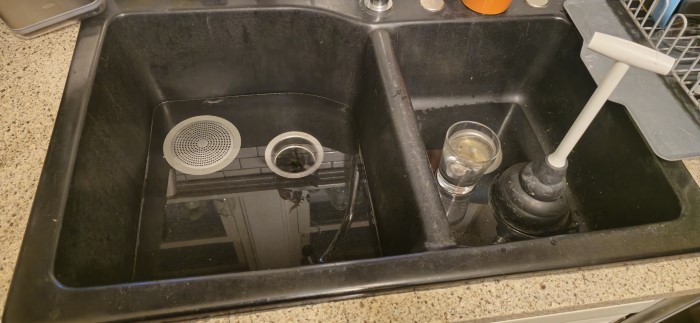
Enzyme Action on Common Clogs
| Clog Type | Enzyme | Breakdown Time | Seattle Impact |
|---|---|---|---|
| Grease (FOG) | Lipase | 2-4 hours | Clears kitchen drains |
| Proteins (Hair/Food) | Protease | 4-6 hours | Reduces apartment clogs |
| Starches (Scraps) | Amylase | 3-5 hours | Prevents storm-related backups |
| Cellulose (Roots) | Cellulase | 6-8 hours | Mitigates tree root issues |
This targeted approach ensures comprehensive cleaning for urban sewers.
Enzyme Cleaning vs. Traditional Methods
Traditional methods like chemical cleaners and mechanical snaking have drawbacks. Caustic chemicals corrode pipes and harm aquatic life, while snaking can scratch aging infrastructure without addressing microscopic buildup. Enzyme cleaning, however, is non-corrosive, septic-safe, and eco-friendly, making it ideal for Seattle’s green standards.
Comparison of Cleaning Methods
| Feature | Enzyme Cleaning | Chemical Cleaners | Mechanical Snaking |
|---|---|---|---|
| Speed | Hours to days | Minutes | Immediate |
| Pipe Safety | Non-corrosive | Corrodes pipes | May scratch pipes |
| Eco-Impact | Biodegradable | Pollutes waterways | Water-based |
| Prevention | Long-term (bacteria stay active) | None (kills microbes) | One-time fix |
Enzymes excel for ongoing maintenance, reducing emergency calls significantly.
When to Use Enzymes
Use enzymes for routine maintenance and organic clogs; reserve chemicals for urgent blockages, ensuring proper ventilation to avoid fumes.
Benefits of Enzyme Cleaning for Seattle
Enzyme cleaning transforms Seattle’s urban plumbing with sustainable results:
- Eco-Friendly: Aligns with SPU’s pollution prevention, protecting Puget Sound.
- Pipe Preservation: Safe for older cast-iron pipes, extending their life.
- Odor Control: Eliminates bacterial sources of foul smells in dense areas.
- Efficiency: Clears 95% of organic clogs, improving flow during rainy seasons.
Restaurants benefit by maintaining grease traps, ensuring compliance with FOG regulations.
Best Practices for Enzyme Cleaning
For optimal results, follow these steps tailored to Seattle’s urban needs:
- Inspect First: Use camera scoping to identify buildup.
- Apply Correctly: Pour 2-4 oz for drains or 8-10 oz for grease traps at night for 6-12 hours of dwell time.
- Use Warm Water: Under 140°F to activate enzymes without killing bacteria.
- Maintain Regularly: Weekly for high-use homes, monthly for sewers.
- Combine Solutions: Pair with strainers and root barriers for maximum effect.
Seasonal Tips
- Winter: Increase dosing to counter cold-related bacterial slowdown.
- Summer: Focus on grease from outdoor cooking to prevent liquid clogs.
Real-World Success in Seattle
In a Fremont multi-unit building, enzyme treatments reduced grease-related backups by 70% over six months, eliminating odors. A Queen Anne restaurant used enzymes in grease traps, ensuring compliance and improving drainage. These cases show enzyme cleaning’s versatility for Seattle’s diverse plumbing needs, from homes to commercial spaces.
KnightRooter: Your Seattle Sewer Experts
For professional enzyme sewer cleaning, trust KnightRooter. Our Seattle urban plumbing services deliver tailored eco-friendly drain maintenance to keep your system efficient. Visit knightrooter.com for a free consultation and join Seattleites enjoying sustainable, clog-free drains.
Explore More Resources
For more information on sewer line maintenance and repair, visit our service pages:
- Sewer drain cleaning Everett
- Sewer drain cleaning Edmonds
- Sewer drain cleaning Seattle
- Sewer drain cleaning Bothell
- Sewer drain cleaning Kirkland
- Sewer drain cleaning Lynnwood
- Sewer drain cleaning Woodinville
- Sewer drain cleaning Snohomish
- Sewer drain cleaning Bellevue
AFQ
1. Why is enzyme cleaning eco-friendly for Seattle?
It uses natural bacteria, avoiding chemical runoff that harms local waterways.
2. How fast do enzymes clear clogs?
Improvements in 2-6 hours; full clearing in 24-48 hours for preventive use.
3. Are enzymes safe for old pipes?
Yes, they’re non-corrosive, ideal for Seattle’s pre-1970s cast-iron lines.
4. Can enzymes work in septic systems?
Yes, they enhance bacterial activity for better waste breakdown.
5. How often should I use enzymes?
Weekly for high-traffic urban drains, monthly for maintenance.
For professional and fast drain cleaning Bothell, drain cleaning Seattle, and drain cleaning Bellevue, contact KnightRooter. Our team is ready to provide the best solutions for your drain issues.

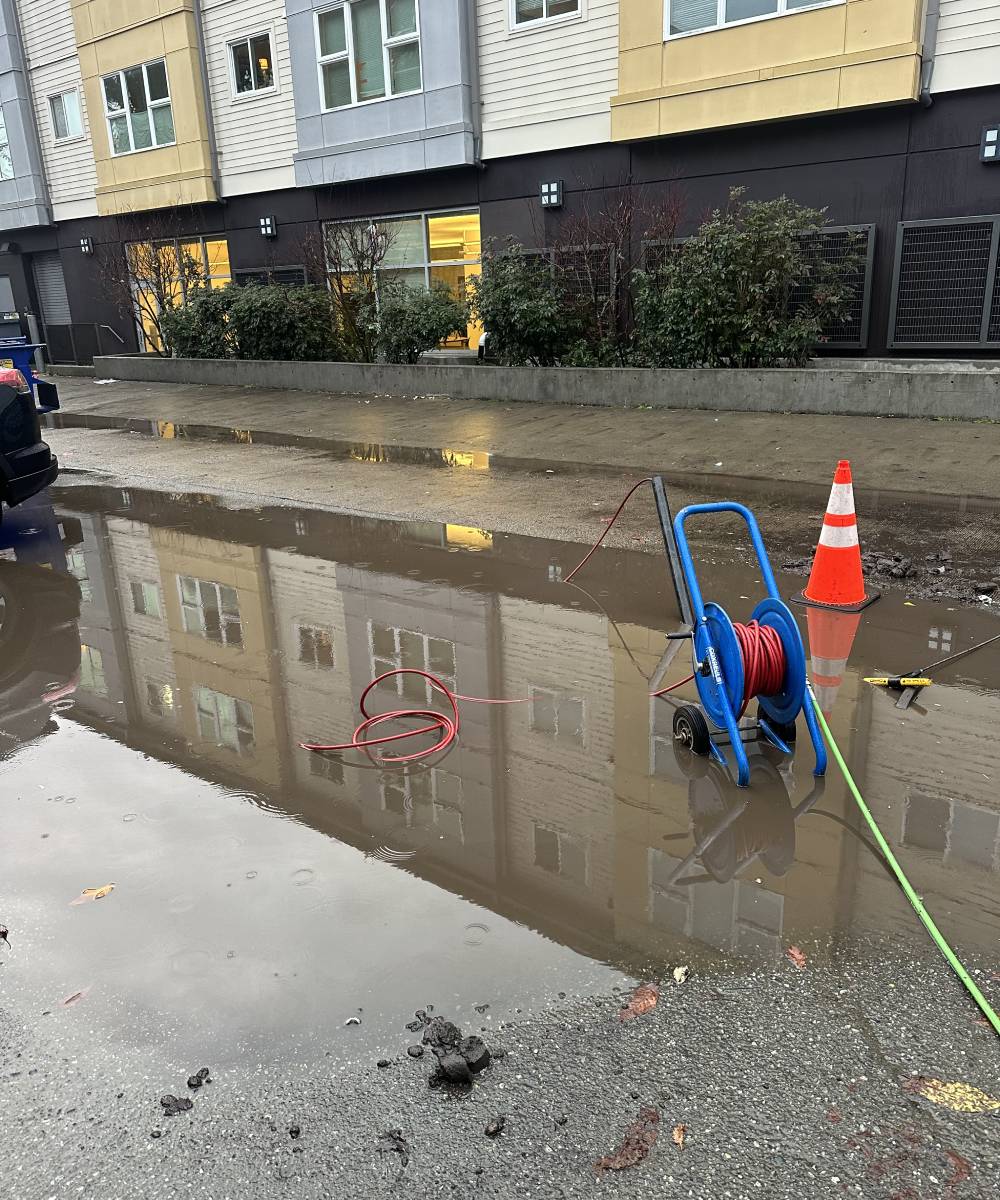
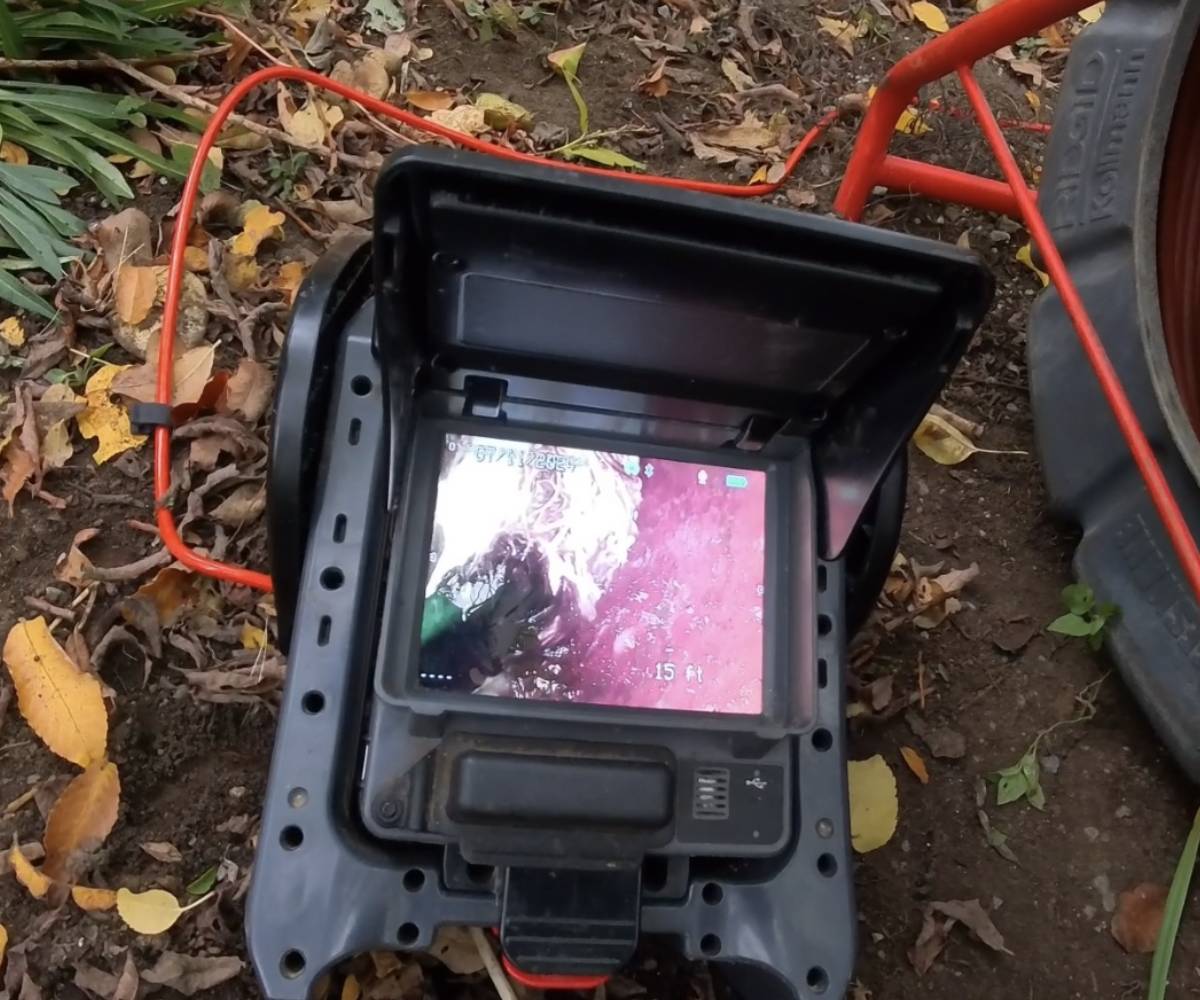
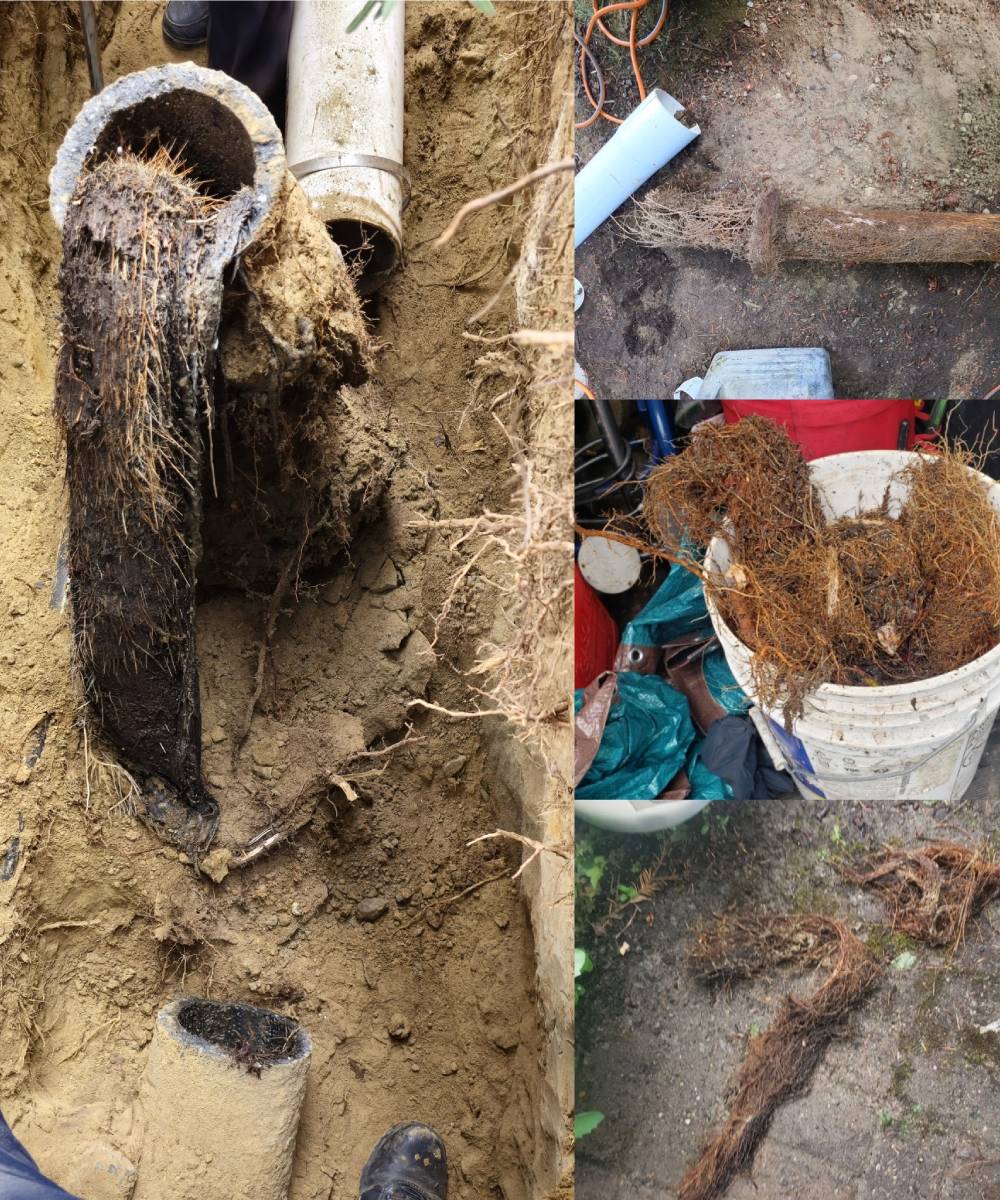
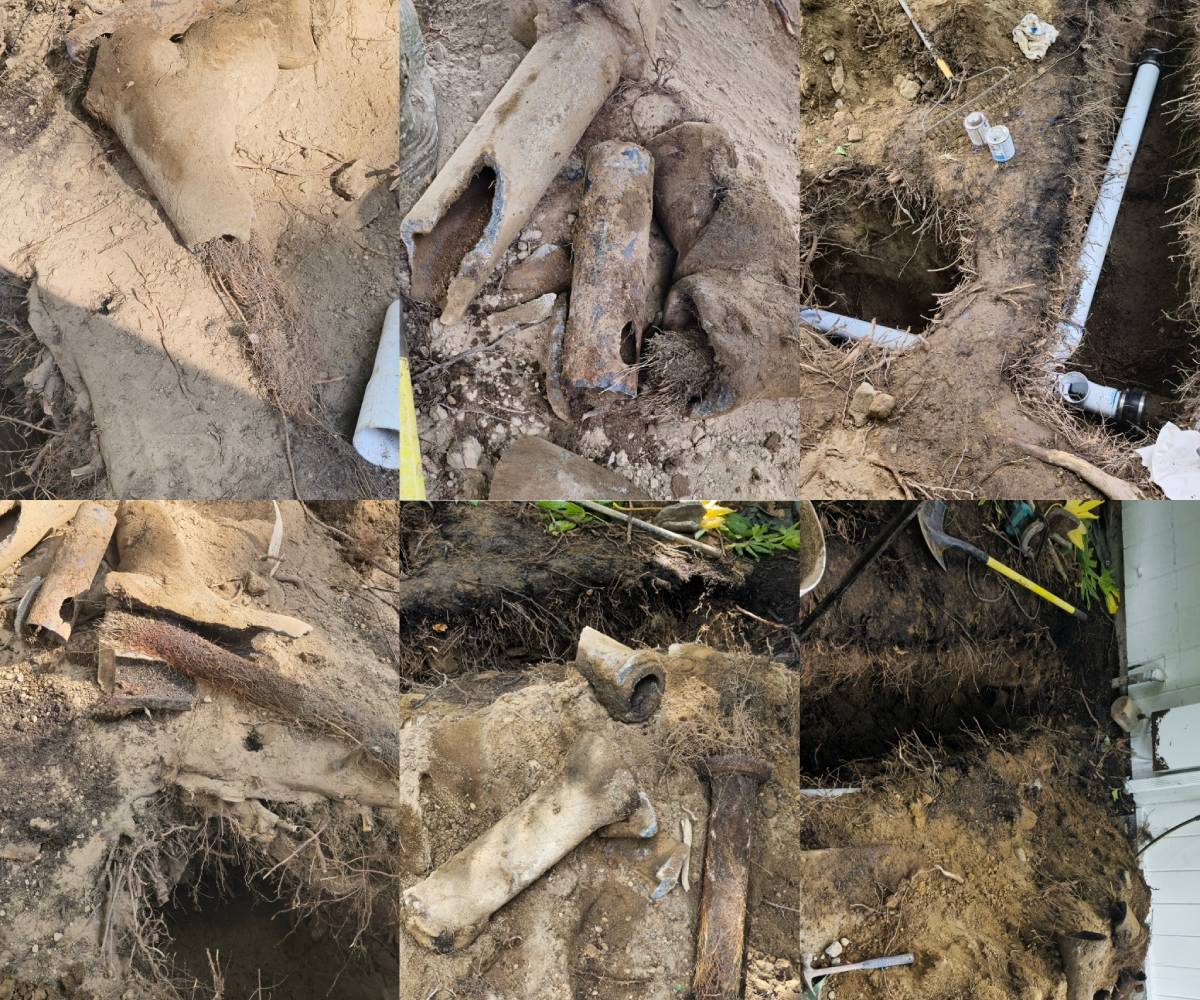
No comment yet, add your voice below!